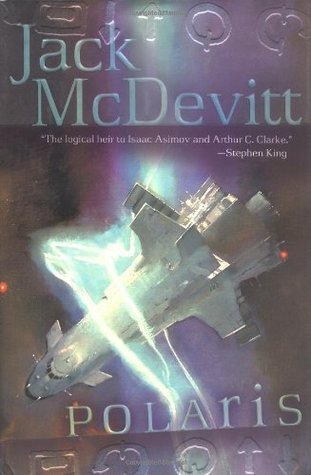What do you think?
Rate this book


384 pages, Hardcover
First published November 1, 2004
There are currently one thousand sixty-four superluminals in the Confederacy, with an average passenger capacity of twenty-eight people. Three will accommodate more than a hundred; many, as few as four. In fact, if you use the entire fleet, you still don’t have enough capacity to move thirty thousand people.I am definitely going to give the series a bit of a break, and am undecided if I will continue on in the future, despite my enjoyment of the first two installments.